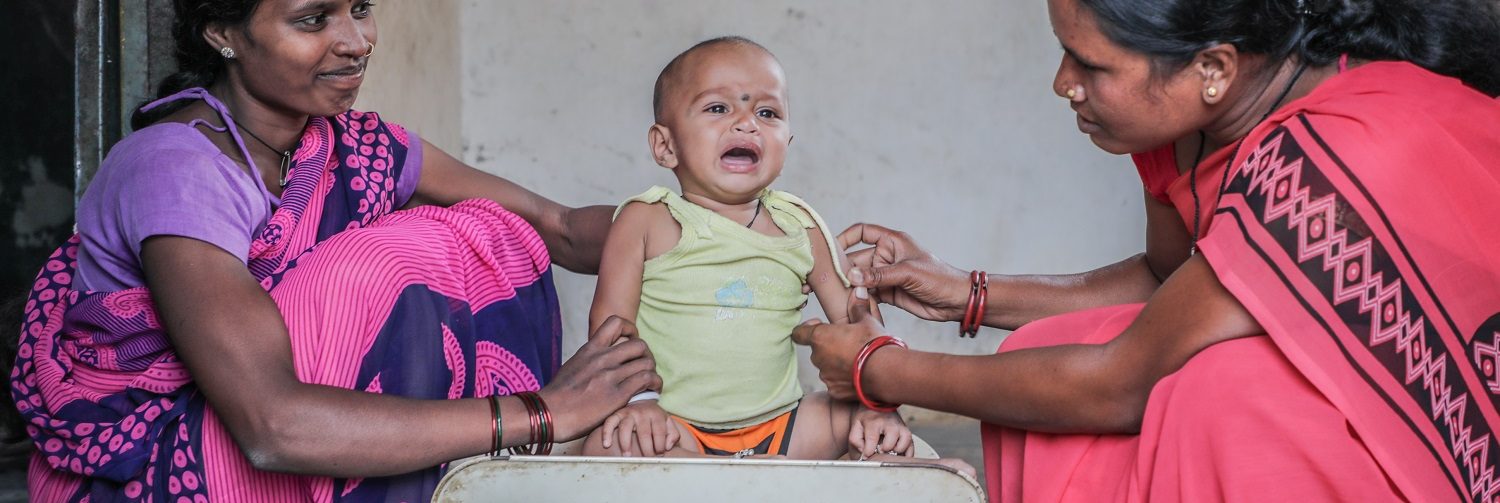In this new year issue of Abstract Digest, we bring to you the much-awaited birth cohort MAL-ED study, two systematic reviews, as well as feature an article which mapped state-level disease burden and risk factors for the states in India, and several other interesting articles. In our non-peer reviewed section, we feature several papers from a book on ‘Nutritional Adequacy, Diversity and Choice Among Primary School Children: Policy and Practice in India.’
• The MAL-ED Network Investigators conducted a longitudinal birth cohort study (2017) in 7 sites in 3 continents and show that neonatal and maternal factors play a more influential role than postnatal factors during early childhood, and their contributions remained significant throughout the first 24 months.
• Harding et al. (2017) review patterns and trends of deficiencies in South Asia pertaining to iodine, Fe, vitamin A and Zn and urge combining targeted health system delivery of quality services with multisector actions to address hidden hunger.
• De-Regil and colleagues (2017) in a systematic review conclude that point-of-use fortification of foods with micronutrient powders containing iron reduced anaemia and iron deficiency in preschool- and school-age children compared with no intervention or a placebo.
• Seth and colleagues (2017) have studied the differential effects of community health worker visits across socioeconomic groups in Uttar Pradesh, India, and drawn a link between social inequities and health disparities.
• Dodos et al. (2017) examine the main findings from the 12 most recent studies, which used Link NCA methodology and state that inadequate WASH conditions are often identified as major contributors to undernutrition and provide recommendations for better alignment and integration of WASH and nutrition interventions.
• A comprehensive mapping of state-level estimates of disease burden and risk factors over time (1990-2016) across the states of India by Dandona and colleagues (2017) provides crucial inputs for more specific health planning for each state.
• Alderman and colleagues (2017) examine the questions of food, vouchers, and cash transfers to shed light on the complex, bumpy and non-linear process of how some flagship food-based social protection programs have evolved over time, and how they currently work in some low and middle-income countries.
• Through a systematic review, Ahner-McHaffie and colleagues (2017) look at impact evaluations on integrated development interventions to assess whether synergistic and amplified impacts are being measured and evaluated.
• Chandak and colleagues (2017) explain in their protocol of the EMPHASIS study (Epigenetic Mechanisms linking Pre-conceptional nutrition and Health Assessed in India and Sub-Saharan Africa) on what and how they propose to investigate the epigenetic mechanisms underpinning the long-term impact of maternal nutrition on offspring health.
Enjoy reading!


